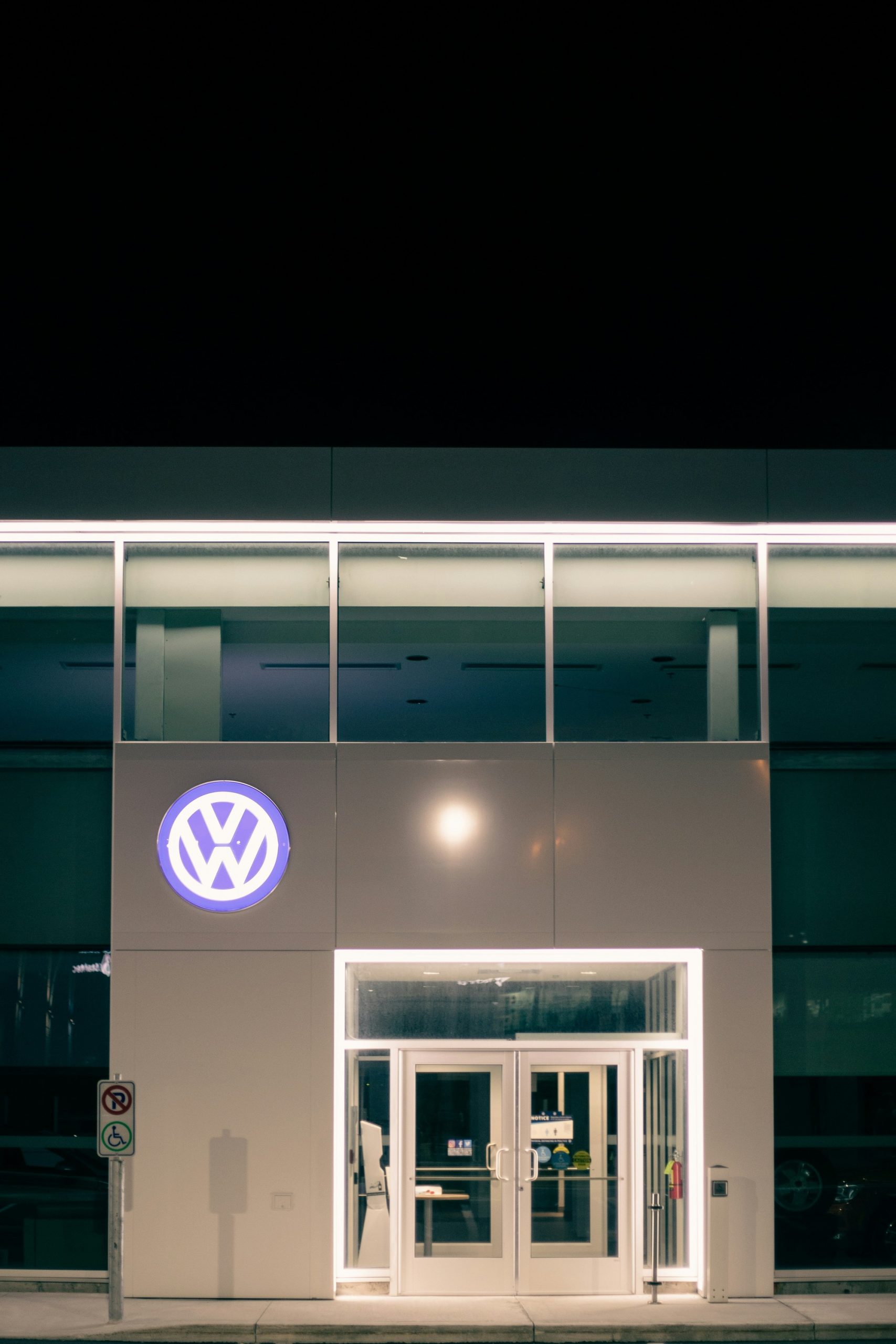There’s something undeniably exciting about driving a brand-new car off the lot. That new car smell, the spotless interior, the envious glances from your neighbors—it all feels like you’ve made it. But here’s the truth no dealership commercial wants to admit: Buying a new car is one of the worst financial decisions most people can make.
Sure, it feels good at first. But financially? It’s almost always a losing game. Whether you’re trying to be money-savvy or just avoid getting trapped in endless car payments, here’s exactly why buying new is rarely worth it and what you should consider instead.
1. Instant Depreciation: You Lose Thousands Driving Off the Lot
The second you drive that shiny new car home, it loses value…fast. On average, a new car depreciates by 10–15% the moment you leave the dealership, and up to 20–30% within the first year. That’s thousands of dollars gone, just for being the first owner. Let’s say you buy a $40,000 car. In 12 months, it might only be worth $30,000 if that. That’s a $10,000 loss, just for enjoying the privilege of being the first person to spill coffee on the floor mats.
2. You’re Paying for “New,” Not Necessarily Better
New cars are more expensive not because they’re significantly more reliable, but simply because they’re new. Most major car brands make vehicles designed to last 150,000–200,000+ miles. A car that’s three years old often has plenty of life left, and in many cases, it’s nearly identical to the current model—just thousands of dollars cheaper.
And here’s a tip: Let someone else eat that initial depreciation. Buy a 2–4-year-old certified pre-owned vehicle instead, and you’ll often get a car that’s just as good as new—for way less.
3. Car Payments Eat Your Budget Alive
The average new car payment in the U.S. has climbed to over $700 a month. That’s not including insurance, gas, maintenance, or fees. Over a standard 5-6 year loan, you’re looking at tens of thousands of dollars spent on a vehicle that’s rapidly losing value every single month. Now imagine taking that same amount and investing it or putting it toward a reliable used vehicle with a much lower payment or no payment at all. That’s money back in your pocket every single month.
4. High Insurance Costs
New cars don’t just cost more upfront. They often cost more to insure. Insurance premiums are higher on new vehicles due to their higher replacement value, added features, and the need for full coverage (especially if you’re financing through a bank or dealership). In contrast, older cars typically come with lower premiums, and depending on the value, you might not need comprehensive or collision coverage at all.

5. Modern Used Cars Are Better Than Ever
Gone are the days when buying used meant gambling on a lemon. Thanks to better manufacturing standards and transparent vehicle history reports (hello, Carfax), it’s easier than ever to buy a used car with confidence. Many dealerships even offer certified pre-owned (CPO) programs, giving you a warranty and peace of mind without the new car markup. Some models are even more reliable in their second or third year, after early bugs have been worked out. You’re getting a more proven version of the same car—without the sticker shock.
The Myth of “Needing” a New Car
Many people convince themselves that buying new is “safer,” “more reliable,” or “better in the long run.” But here’s the reality: unless you’re buying a car for business reasons or have niche needs (like a fleet vehicle or specific tech), the average driver can do just fine, better, even, with a used car.
You’re not investing in a car. You’re buying a depreciating asset. And just like buying a brand-new phone every six months, it rarely makes financial sense.
When Is Buying New Justified?
There are exceptions. If you’re:
-
Leasing for business and can write off the expense
-
Getting an unusually large rebate or incentive
-
Planning to keep the car for 15+ years
-
Buying a specific car that holds value unusually well
…then buying new might not be totally irrational. But for most people? It’s just not worth it.
So.. Is It Worth It?
Buying a car is a big decision, but it doesn’t have to be a costly mistake. In most cases, the smart money move is to buy a slightly used car, skip the steep depreciation, and enjoy nearly all the benefits of a new vehicle without the financial strain. Don’t fall for the “new car, new you” marketing trap. Be the person who buys smart, not shiny.
Have you ever regretted buying a brand-new car or scored a great deal on a used one? What advice would you give to someone considering their next ride?
Read More:
Here’s How to Buy A Used Car Without Paying New Car Prices
6 Reasons Why Leasing a Car Could Be Smarter Than Buying
Riley is an Arizona native with over nine years of writing experience. From personal finance to travel to digital marketing to pop culture, she’s written about everything under the sun. When she’s not writing, she’s spending her time outside, reading, or cuddling with her two corgis.
Read the full article here
















